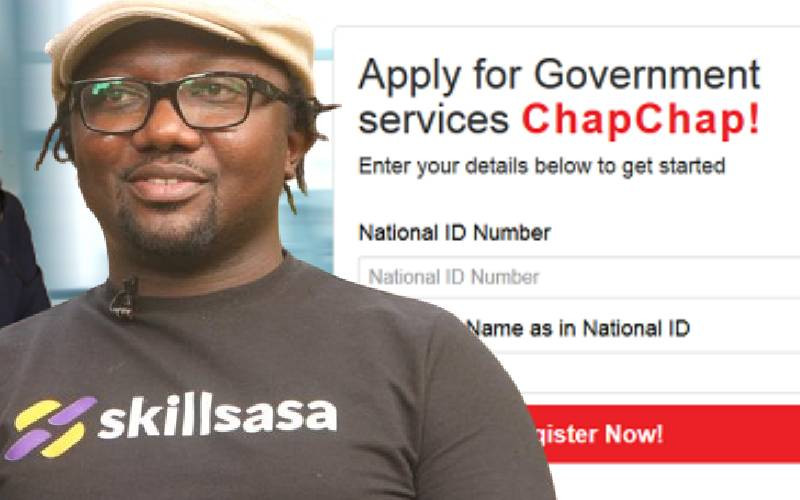×
The Standard e-Paper
Fearless, Trusted News

Soon after assuming office in 2013, retired President Uhuru Kenyatta began the push for a digital payment system for government services.
He formed a task force to find a digital payment solution and appointed then Director of Economic Affairs from the Treasury, Justus Nyamunga, to lead the team.